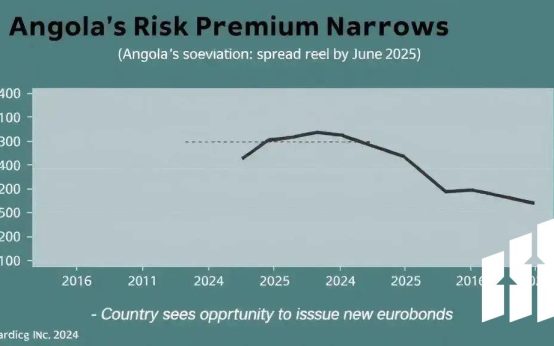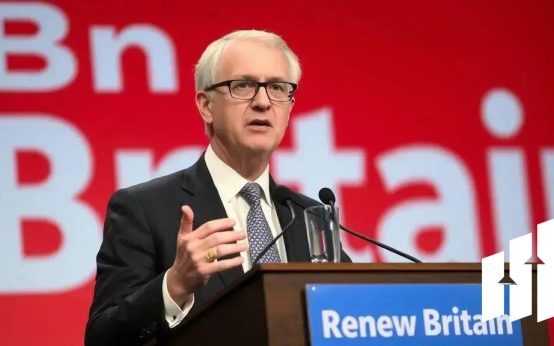France’s rising debt presents significant challenges for its economy, influencing consumer behavior and government spending. As debt levels increase, consumers tend to save more, which can slow economic growth and impact business profitability. The government’s approach to managing debt through tax adjustments and spending cuts is crucial for maintaining economic stability. A healthy economy boosts tax revenues, aiding in debt reduction and enhancing public services. Understanding these dynamics is essential for navigating the implications of France’s debt on both individuals and businesses.
Understanding how debt impacts the economy of France can help us see the bigger picture. France’s debt has grown over the years. This affects how the country spends money and invests in future projects.
Current Debt Situation
As of recent reports, France’s public debt is quite high. This can change how businesses operate. Companies may face higher taxes and fewer government resources. This can make it harder for them to grow.
Consumer Behavior
When debt levels rise, consumers often save more. They may cut back on spending because they worry about the future. This can slow down the economy. Less spending means lower profits for businesses.
Government Response
The French government can take steps to manage debt. It may decide to increase taxes or reduce spending. These actions aim to balance the budget but can also hurt economic growth.
The Role of Economic Growth
A healthy economy can help pay down debt. When businesses thrive and jobs increase, the government collects more taxes. This extra money can reduce overall debt and improve public services.
Looking Ahead
It’s important to keep an eye on France’s debt levels. As the economy changes, different strategies may be needed. Citizens, businesses, and government all play a role in managing debt and its impact.
Conclusion
In conclusion, understanding how debt affects France’s economy is vital for everyone. High debt can slow down growth and change how people spend their money. Consumers may save more, which can hurt businesses.
The government plays a key role in balancing the budget. By managing debt wisely, it can help create a stronger economy. When businesses thrive, everyone benefits, from citizens to the government.
Monitoring debt levels and making smart choices can lead to a better future. Together, we all have a part in this journey. It’s important to stay informed and proactive about our economic health.
FAQ – Frequently Asked Questions about France’s Debt Impact on the Economy
What is the current state of France’s debt?
France’s public debt is quite high and has been growing over the years, affecting economic stability.
How does high debt affect consumers?
High debt often leads consumers to save more and spend less, which can slow down the economy.
What role does the government play in managing debt?
The government can adjust taxes and spending to balance the budget and manage debt effectively.
Why is economic growth important for reducing debt?
A healthy economy increases tax revenue, which helps pay down debt and improve public services.
What can citizens do to help with the debt situation?
Staying informed and actively participating in discussions about economic policies can help create positive changes.
How can businesses adapt to a high debt environment?
Businesses can focus on efficiency, innovation, and understanding consumer behavior to thrive even in tough economic conditions.


 Miran Highlights Dual Goals of Fed and Interest Rate Outlook
Miran Highlights Dual Goals of Fed and Interest Rate Outlook  Are You a Robot? Unusual Activity Detected on Bloomberg
Are You a Robot? Unusual Activity Detected on Bloomberg  Keir Starmer Leads Business Delegation to India for Trade Pact
Keir Starmer Leads Business Delegation to India for Trade Pact  Takaichi Appoints Ex-Finance Minister as Secretary General of LDP
Takaichi Appoints Ex-Finance Minister as Secretary General of LDP  Argentina Continues Dollar Sales Amid Weakened Peso Crisis
Argentina Continues Dollar Sales Amid Weakened Peso Crisis  White House Calls on Democrats to Resolve Ongoing Government Shutdown
White House Calls on Democrats to Resolve Ongoing Government Shutdown